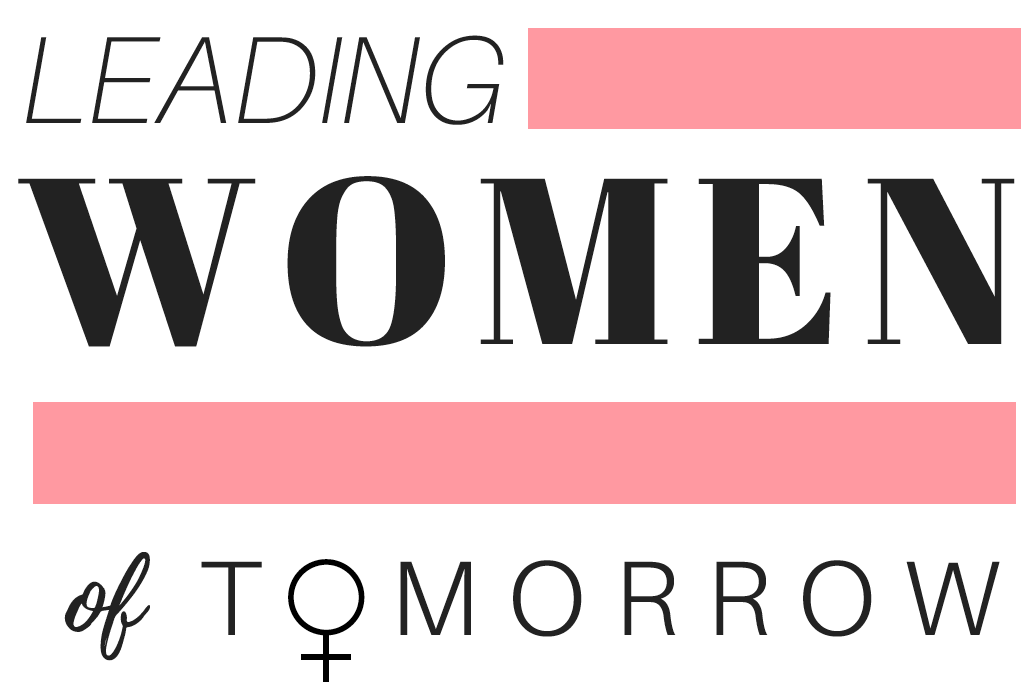Why You Should Vote: The United States' Territories
One week. Seven days. 168 hours. That is how long we have until the end of what most believe to be the most influential election to take place in any of our lifetimes on American soil. With this daunting fact looming over the heads of many Americans, it is important to reflect on how many lives will be affected by this election and how some of these individuals will not have a say in what family moves into 1600 Pennsylvania Avenue (or stays). An overwhelming portion of this pool of Americans are citizens of the United States’ five major territories: Puerto Rico, Guam, the U.S. Virgin Islands, the Northern Mariana Islands, and American Samoa. That's over four million Americans that have no say in this presidential election or any in the history of U.S. territories. These citizens are in most ways second class Americans who cannot vote in the Presidential Election, have no vote in the U.S. House of Representatives, and have no representation in the United States Senate. With this much overlooked fact comes other issues that apply to voting like taxation without representation, racial and ethnic minority oppression, and the lack of veteran rights in the territories. Here are just a few facts and stats that can help you better understand the concerns I share with many other Americans as we go out and vote this fall:
98.4% of the United States territory population are racial or ethnic minorities who cannot vote this fall
The same supreme court that implemented these U.S. territory voting restrictions in the Insular Cases (1898) wrote the “separate, but equal” Plessy v. Ferguson (1896) decision.
This ruling stated that these new territories were inhabited by “alien races” unable to understand “Anglo Saxon laws.”
Puerto Rico has more American Citizens than 21 U.S. states and all of them cannot vote this fall
At least 1 in 8 Guamanians is a veteran who cannot vote this fall
Those born on American Samoan soil are the only Americans considered Nationals not citizens who also cannot vote this fall while having one of the top U.S. army recruiting stations in the country year after year.
Below is a picture showing an example of an American Samoan passport which states in bold letters that “The bearer of this passport is a United States national and not a United States citizen.”
So as this week comes to a close and the votes are counted we have to remember that this election goes beyond personal gain and our bipartisan system. The effects of this election will extend to some who had no say in who wins and that's reason enough to get out there and vote for who you think best represents this country and what so many have fought for and will continue to fight for for years to come. Think about the Guamanian veterans who risked their lives for a country that does not view them as equal under the Constitution. Think about the Puerto Rican citizens who are not represented in Congress. Think about the American Samoan nationals who are not even considered citizens in their own country. All of them are counting on us to represent them on our ballots this fall in hopes that maybe one day the United States will no longer rely on racist nineteenth century supreme court rulings to justify second class citizenship in a country that preaches “all men are created equal.” So if you have not voted already please check your voter registration status and local voting location. Below I have linked Virginia, DC, and Maryland’s voter registration websites full of information regarding the next steps in your voting process.
Virginia:
https://vote.elections.virginia.gov/VoterInformation/Lookup/status
https://vote.elections.virginia.gov/VoterInformation
DC:
https://www.dcboe.org/Voters/Register-To-Vote/Register-to-Vote
Maryland:
https://voterservices.elections.maryland.gov/votersearch


